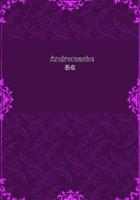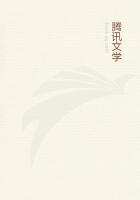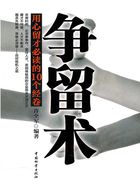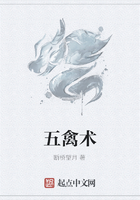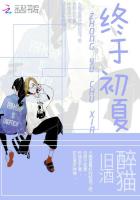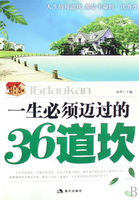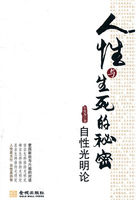which is far superior to the "erroneous half-measures", for example, of a certain Marx {342}. It implies "a community of persons linked together by their public right to dispose of a definite area of land and a group of productive establishments for use in common, jointly participating in the proceeds" {322}. This public right is a "right to the object... in the sense of a purely publicistic relation to nature and to the productive institutions" {342}.
We leave it to the future jurists of the economic commune to cudgel their brains as to what this means; we give it up. The only thing we gather is that it is not at all the same as the "corporative ownership of workers'
associations" {342} which would not exclude mutual competition and even the exploitation of wage-labour.
In this connection he drops the remark that the conception of a "collective ownership", such as is found also in Marx, is "to say the least unclear and open to question, as this conception of the future always gives the impression that it means nothing more than corporative ownership by groups of workers" {295}.
This is one more instance of Herr Dühring's usual "vile habits" of passing off a thing for what it is not, "for whose vulgar nature" -- to use his own words -- "only the vulgar word snotty would be quite appropriate"{D. K. G. 506}; it is just as baseless a lie as Herr Dühring's other invention that by collective ownership Marx means an "ownership which is at once both individual and social" {503, 505}.
In any case this much seems clear: the publicistic right of an economic commune in its means of labour, is an exclusive right of property at least as against every other economic commune and also as against society and the state.
But this right is not to entitle the commune "to cut itself off...
from the outside world, for among the various economic communes there is freedom of movement and obligatory acceptance of new members on the basis of fixed laws and administrative regulations... like... belonging to a political organisation at the present time, or participation in the economic affairs of the commune" {D. C. 322-23}.
There will therefore be rich and poor economic communes, and the levelling out takes place through the population crowding into the rich communes and leaving the poor ones. So that although Herr Dühring wants to eliminate competition in products between the individual communes by means of national organisation of trade, he calmly allows competition among the producers to continue. Things are removed from the sphere of competition, but men remain subject to it.
But we are still very far from clear on the question of "publicistic right" {322}. Two pages further on Herr Dühring explains to us:
The trade commune "will at first cover the politico-social area whose inhabitants form a single legal entity and in this character have at their disposal the whole of the land, the dwellings and productive institutions"{325}.
So after all it is not the individual commune at whose disposal these things are, but the whole nation. The "public right" {322}, "right to the object", "publicistic relation to nature" {342} and so forth is therefore not merely "at least unclear and open to question" {295}: it is in direct contradiction with itself. It is in fact, at any rate in so far as each individual economic commune is likewise a legal entity, "an ownership which is at once both individual and social" {D. K. G. 503}, and this latter "nebulous hybrid"{504} is once again, therefore, only to be met with in Herr Dühring's own works.
In any case the economic commune has at its disposal instruments of labour for the purpose of production. How is this production carried on? Judging by all Herr Dühring has told us, precisely as in the past, except that the commune takes the place of the capitalists. The most we are told is that everyone will then be free to choose his occupation, and that there will be equal obligation to work.
The basic form of all production hitherto has been the division of labour, on the one hand, within society as a whole, and on the other, within each separate productive establishment. How does the Dühring "sociality" {see D. C. 263 , 277 , 291} stand on this question?
The first great division of labour in society is the separation of town and country.
This antagonism, according to Herr Dühring, is "in the nature of things inevitable" {232}. But "it is in general doubtful to regard the gulf between agriculture and industry... as unbridgeable. In fact, there already exists, to a certain extent, constancy of interconnection with promises to increase considerably in the future" {250}. Already, we learn, two industries have penetrated agriculture and rural production: "in the first place, distilling, and in the second, beet-sugar manufacturing...
the production of spirits is already of such importance that it is more likely to be under-estimated than over-estimated" {250-51}. And "if it were possible, as a result of some inventions, for a larger number of industries to develop in such a way that they should be compelled to localise their production in the country and carry it on in direct association with the production of raw materials" {251} -- then this would weaken the antithesis between town and country and "provide the widest possible basis for the development of civilisation". Moreover, "a somewhat similar result might also be attained in another way. Apart from technical requirements, social needs are coming more and more to the forefront, and if the latter become the dominant consideration in the grouping of human activities it will no longer be possible to overlook those advantages which ensue from a close and systematic connection between the occupations of the countryside and the technical operations of working up raw materials" {252}.


